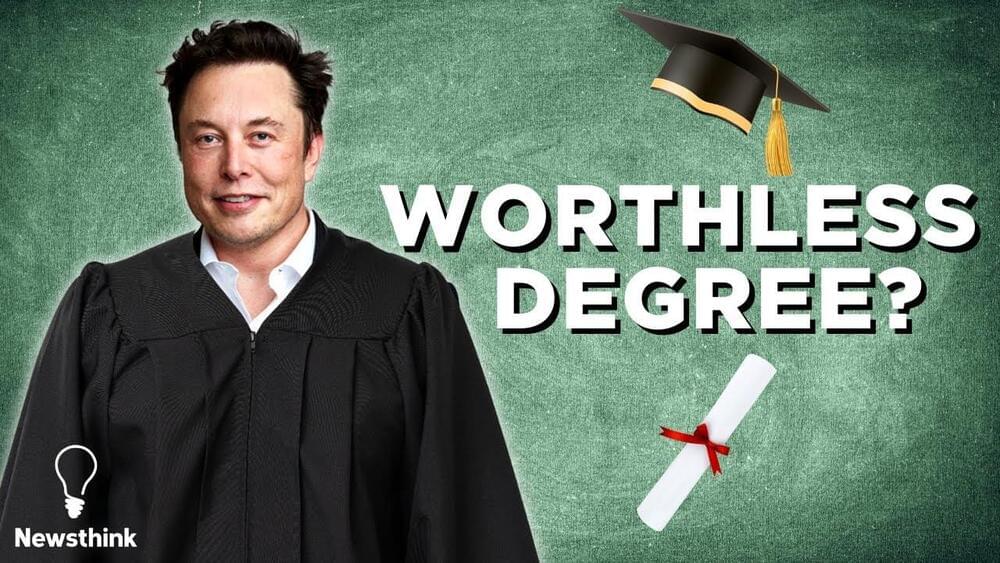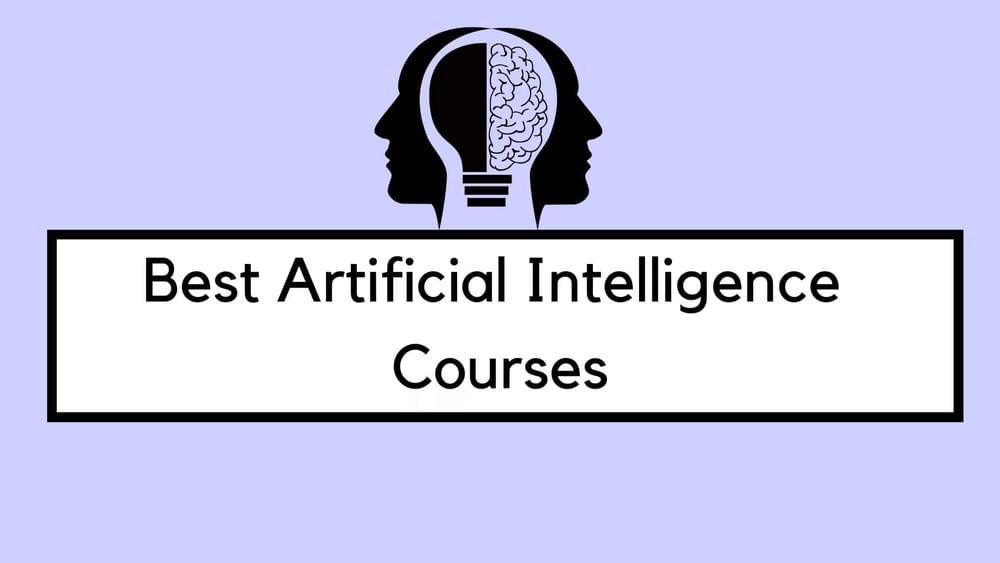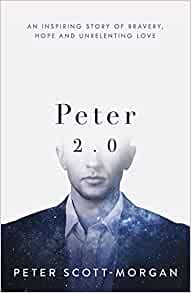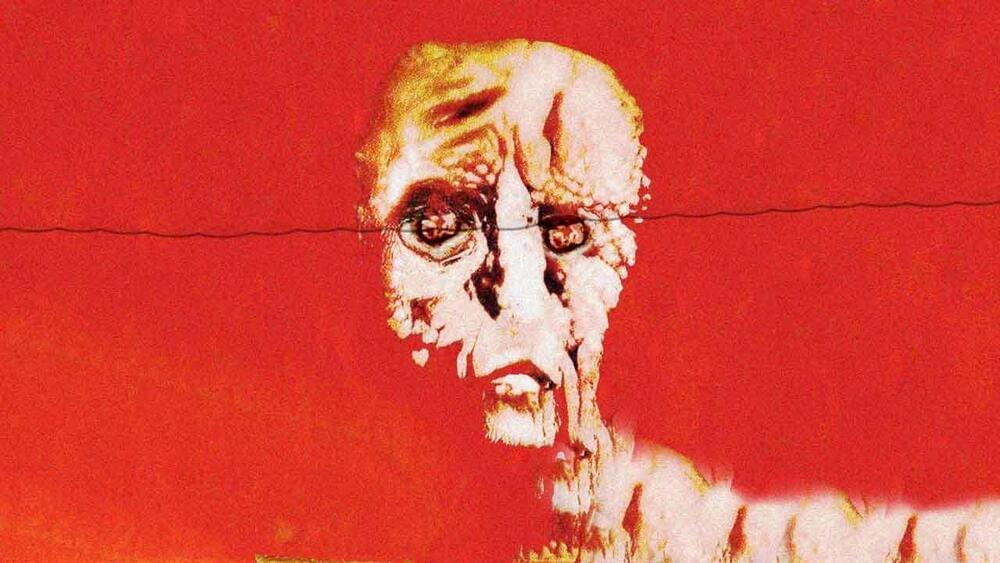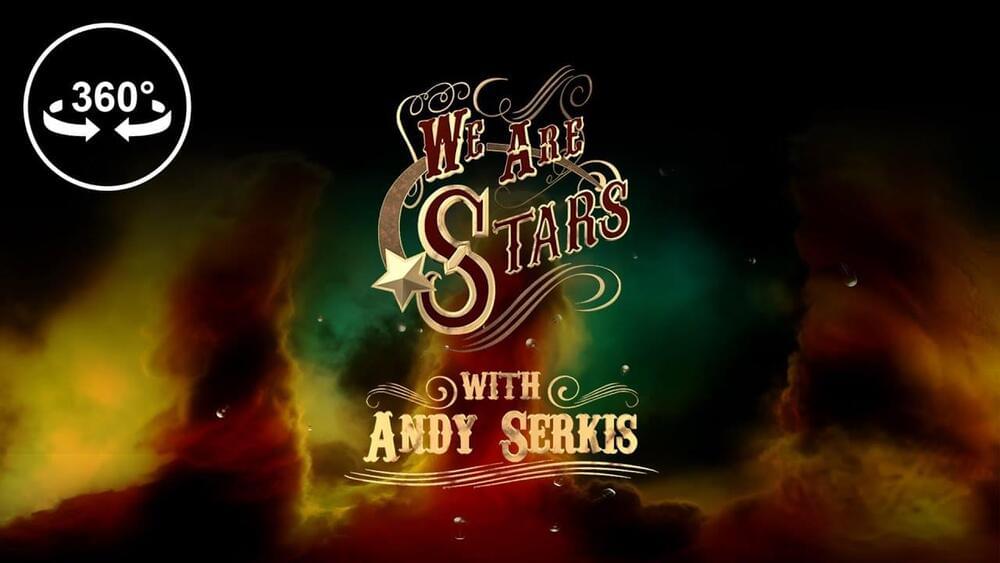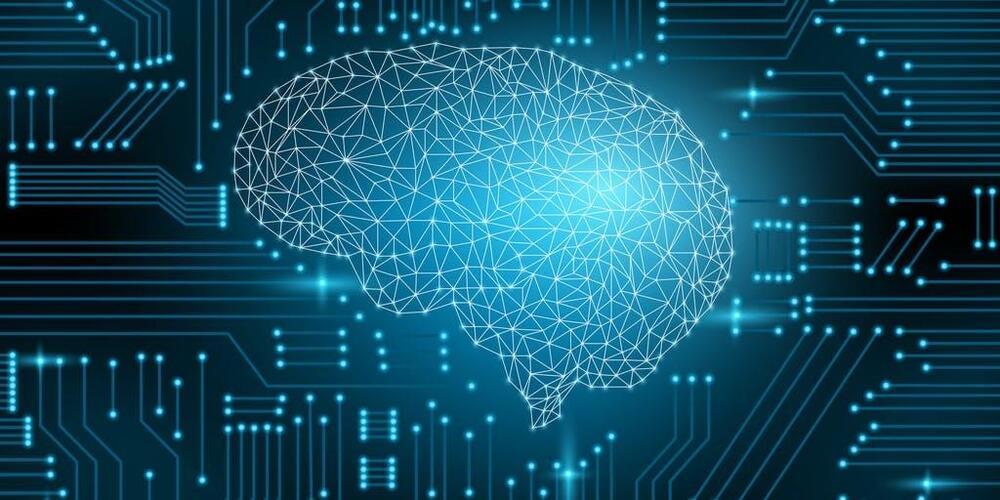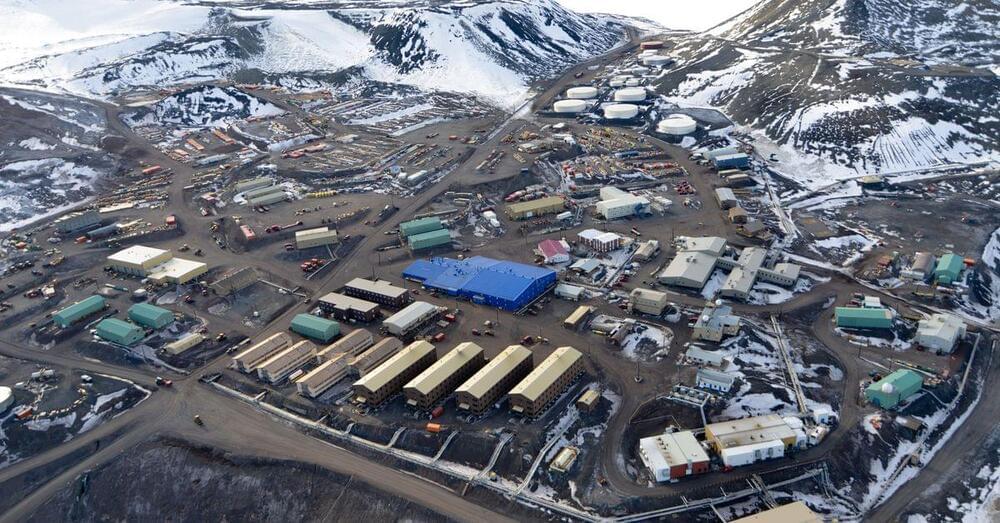Skills shortages are easily brushed off as Covid collateral, but in fact, they are much more troubling signs of an education system that is not preparing people for the future of work. These issues stem from a union of education and employment that has been designed to fill specific criteria for the workforce, but the job market that young people are training for today will require a much greater emphasis on human skills to complement the repetitive tasks handled by AI and automation.
But bringing up young people with the human skills they need for a changing world of work is a mammoth task that must combine the powers of government, businesses, and dedicated organizations to reshape our education systems and integrate them with the communities they serve. I spoke with Justin van Fleet, Executive Director of the Global Business Coalition for Education (GBC-Education), about the need for a holistic and skills-centered approach to education, and how change needs to start as early as possible.
Full Story:

